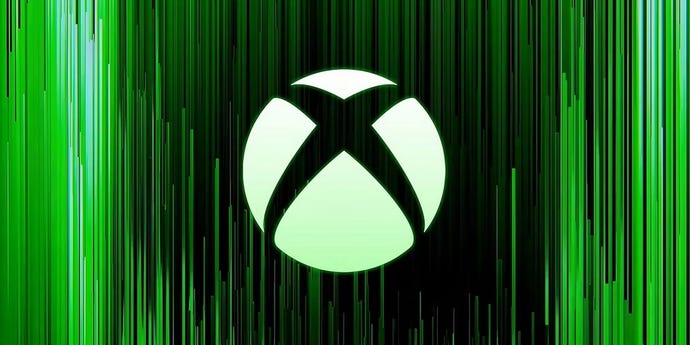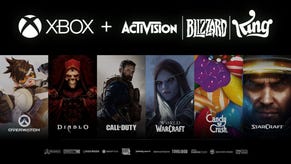Microsoft Gaming boss Phil Spencer signals openness to broader store options which could lead to third-party retailers appearing on Xbox
Epic Games Store, Itch.io, or even GOG? It's possible.
Microsoft's Phil Spencer wants players to have more options beyond the first-party stores tied to consoles.
Spencer has always seemed keen on creating a more open and accessible digital environment for players and has often discussed reducing platform fragmentation and providing customers with more options and control over where they play or purchase their games.
Speaking with Polygon at GDC 2024, Microsoft’s CEO of Gaming discussed the idea of providing Xbox users with additional ways to purchase titles by adding third-party stores such as the Epic Games Store, Itch.io, or GOG to the console instead of forcing users to buy from the official Xbox storefront.
According to Spencer, additional stores on consoles would mirror PCs, where there are multiple options, which benefits not only the customer but also the console maker.
“[Consider] our history as the Windows company,” said Spencer. “Nobody would blink twice if I said, ‘Hey, when you’re using a PC, you get to decide the type of experience you have [by picking where to buy games]. There’s real value in that.”
Traditionally, console makers sold hardware at a loss, a strategy known as a subsidy, hoping to make up the money later through game sales. But, with stagnant console sales and rising hardware costs, this strategy is becoming less effective because the price of console components isn’t declining as rapidly as with previous generations.
And, unlike the flourishing PC and handheld markets, the console market is experiencing little growth. The most recent figures from Circana (NPD) report that while total spending was up 2%, hardware sales declined 30% year-over-year in February 2024 and a 19% decline year-to-date.
Part of this stems from PCs providing users a choice in where they buy games, making subsidizing hardware “more challenging in today’s world,” Spencer said. Plus, the customer shouldn't be limited by which console they own or where they buy their games.
“And I will say, and this may seem too altruistic, I don’t know that [subsidizing is] growing the industry,” said Spencer. “So I think, what are the barriers? What are the things that create friction in today’s world for creators and players? And how can we be part of opening up that model?
“If I want to play on a gaming PC, then I feel like I’m more a continuous part of a gaming ecosystem as a whole, as opposed to [console], where my gaming is kind of sharded - to use a gaming term - based on these different closed ecosystems that I have to play across.”
In short, Spencer believes a more seamless gaming experience would be possible if console and store barriers didn't exist.









